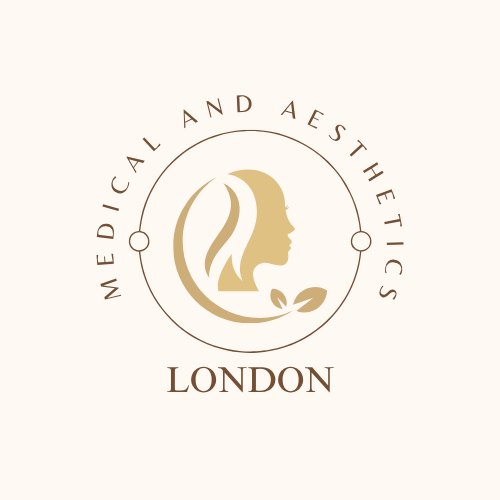In the UK, administering Botox (Botulinum toxin) injections for cosmetic purposes is considered a prescription-only medical procedure. This means that only qualified medical professionals, such as doctors, dentists, and nurse prescribers, are allowed to administer Botox injections for cosmetic use.
If you are a non-medical professional, you are generally not allowed to administer Botox injections for cosmetic purposes in the UK. However, you may still be able to work in the aesthetics industry by providing other non-invasive skincare treatments and procedures that do not involve prescription medications or injections. To do so, you would typically need to pursue qualifications in beauty therapy or aesthetics, as mentioned in the previous responses.
It’s important to emphasize that regulations and requirements can change over time, and it’s advisable to seek the most up-to-date information from reputable sources and relevant authorities in the UK. If you’re interested in pursuing a career in aesthetics or providing specific treatments, it’s a good idea to research and consult with professional organizations and regulatory bodies to ensure that you are in compliance with the law and industry standards.
Why is it called aesthetics?
The term “aesthetics” originates from the Greek word “aisthēsis,” which means perception, sensation, or the process of sensory perception. In philosophy, aesthetics refers to the study of beauty, art, and sensory experiences. The term has been widely used to discuss matters of taste, perception, and the appreciation of art and beauty.
In the context of the beauty and skincare industry, the term “aesthetics” is used to describe treatments and practices that focus on enhancing and improving the appearance and health of the skin. Aestheticians provide various skincare treatments, facials, and procedures aimed at promoting healthy skin, addressing skin concerns, and enhancing the overall visual appeal.
The use of the term “aesthetics” in this context emphasizes the sensory and visual aspects of the treatments, as well as the appreciation for healthy and radiant skin. It aligns with the broader philosophical notion of aesthetics, which is concerned with how humans perceive and appreciate beauty and sensory experiences.
Overall, the term “aesthetics” is used to convey the idea of enhancing and improving the visual and sensory qualities of the skin, reflecting both the historical roots of the term and its application in the field of beauty and skincare.
What is the short form of aesthetician?
The short form of “esthetician” is often written as “esthetician” or “aesthetician.” These terms are already relatively short, so there isn’t a widely recognized abbreviation for them. In professional and casual communication, it’s common to use the full term to refer to someone who specializes in skincare treatments and procedures.

